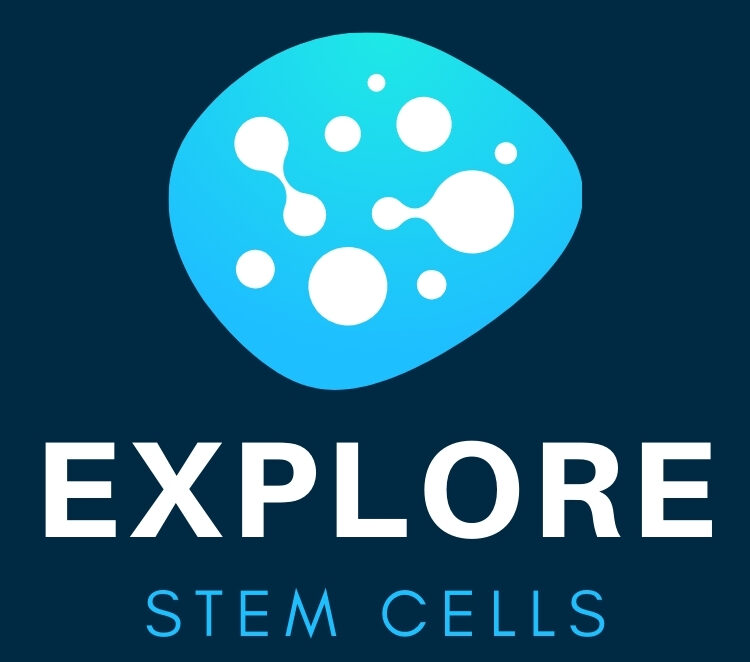Stem cells carry a vast potential for treating disease but they also come with hurdles that must be overcome to ensure their success and viability for treating disease. One challenging area is that involving a patient’s immune system. The challenges are also unusual because they mostly pertain to embryonic stem cells whereas adult stem cells can actually alleviate immunological challenges that tend to accompany embryonic stem cells. It’s important to understand what exactly happens during immune rejection before looking at the different immunological consequences from use of embryonic stem cells.
What Is Immune Rejection?
Immune rejection is a complication that may occur with stem cell transplantation. When it occurs the immune system of a person sees the transplanted cells as ‘foreign’ and thus begins a fast and possibly aggressive response to attack those cells that are not recognized as ‘self.’ During a chronic rejection response, the attack is:
- Milder
- Occurring over a longer time period
In the case of acute rejection, the attack is:
- Aggressive/strong
- Immediate
Whether a rejection is acute or chronic, the ultimate consequence is that the patient’s body rejects the stem cells.
How Do Embryonic Stem Cells Trigger An Immune Reaction?
Embryonic stem cells hold enormous potential and benefit for treating disease because they have the ability to differentiate into virtually any tissue in the human body. This means that if scientists can learn to successfully and safely control and regulate their growth, the unspecialised embryonic stem cells can be coaxed to differentiate into specialised cells for almost any tissue in a patient’s body. The problem is that the transplanted cells will likely be recognised as foreign and a person’s immune system will reject the potentially life saving treatment.
Immunosuppressive Drugs
By utilising treatment with immunosuppressive drugs, the reaction can be reduced but if the response is already mounted, the drugs will not eliminate the body’s attack. A problem with immunosuppressive drugs, however, is that they essentially wipe out a patient’s immune system and thus, leave the patient highly vulnerable to infection. Any microscopic diseases in the stem cells or surrounding environment can more easily harm the patient.
Nuclear Transfer
Nuclear transfer is a newer, potentially promising approach to combating an immune reaction sparked by embryonic stem cells. It replaces the DNA of embryonic stem cells with a patient’s DNA, rendering the new and healthy stem cells, ‘self.’ Additional research is still required to make this a regularly used viable procedure, but it does appear to hold great potential for overcoming the immunological challenges of embryonic stem cell therapy.
Using Adult Stem Cells
Adult stem cells offer a way to overcome the immunological challenges associated with embryonic stem cells. The approach to avoid an immune rejection is to provide a perfect match between a donor and recipient. If the match is similar, a person may still need to remain on immunosuppressive drugs for a lifetime to prevent rejection. Adult stem cells utilise a person’s own cells, which are isolated from tissues, triggered to multiply in culture, and then transplanted back into the patient. This type of therapy thus avoids the immunological challenges of embryonic stem cell therapy although adult stem cells do not multiply as readily in comparison with embryonic stem cells.
The immunological challenges of stem cell therapy are important to address because they are capable of rendering stem cell treatment useless. Research into new therapies to prevent rejection will hopefully allow patients with serious diseases to benefit from stem cell therapies.
